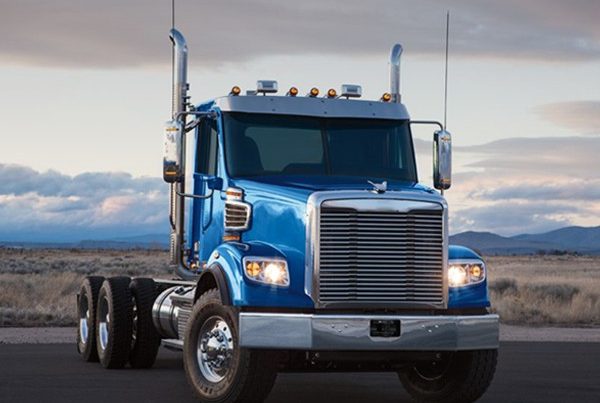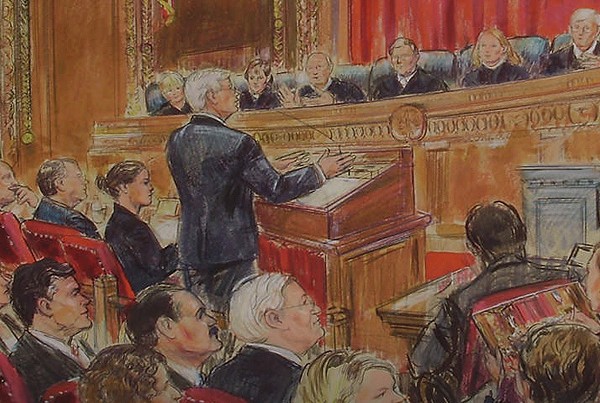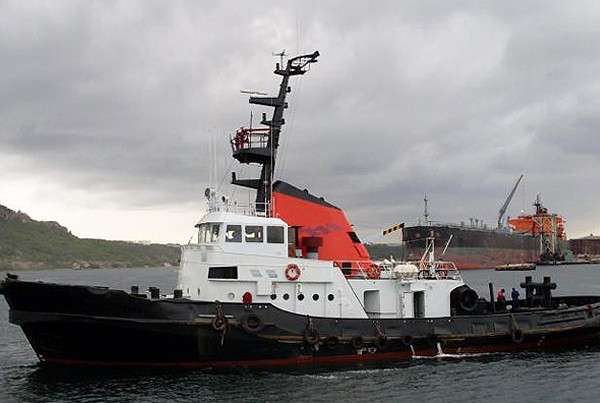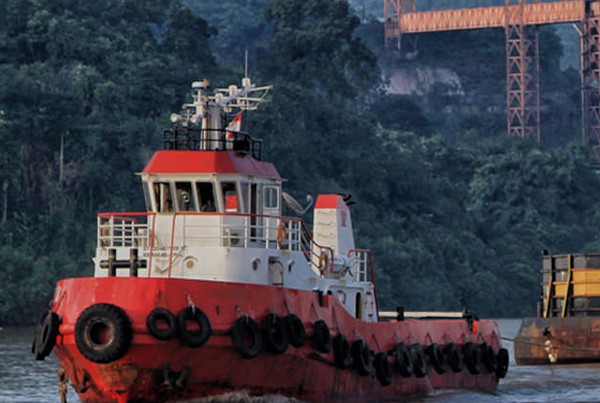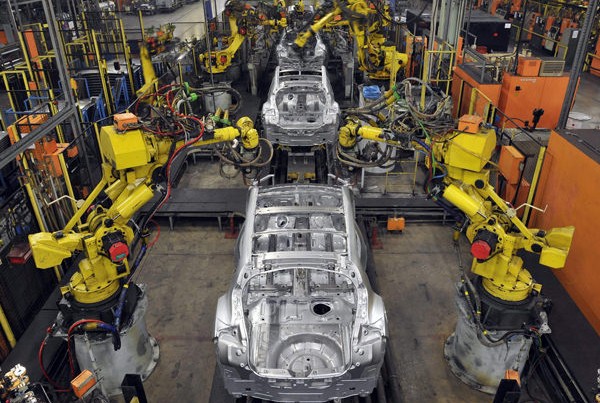Case Summary
Because of the harsh conditions under which they work and the sometimes unscrupulous owners who make up the maritime industry, Congress long ago enacted legislation to protect seamen. The Jones Act makes seamen “wards” of admiralty courts with remedies, streamlined procedures, and access to United States District Courts not available to all employees.
Wes Perkins was severely injured on a cold December night when a ratchet he was using to lay lines to connect empty coal barges on the Ohio River malfunctioned. Perkins would undergo five major surgeries and be forever crippled as a result of the defective shipboard equipment and the lack of safety chains to prevent his fall. His employer, and the owner of the ship and its barges, was the American Electric Power Company, one of Ohio ‘s largest companies.
We prevailed in getting the United States Court of Appeals to both overturn the verdict in American Electric Power’s favor and also to enter judgment in favor of Mr. Perkins.
American Electric Power refused to compensate Mr. Perkins and was successful in convincing the trial court that despite its malfunctioning equipment and lack of safety gear, it was not liable for Mr. Perkins’ injuries.
Helmer, Martins, Rice & Popham was brought in to handle Mr. Perkins’ appeal of American Electric Power’s trial victory. We prevailed in getting the United States Court of Appeals to both overturn the verdict in American Electric Power’s favor and also to enter judgment in favor of Mr. Perkins. In fact, the Court of Appeals determined that American Electric Power had violated both the federal Jones Act and the maritime doctrine requiring it to provide its employees with a seaworthy vessel. The case was returned to the trial court to determine Mr. Perkins’ damages.
The trial court then awarded Mr. Perkins $3,900,000. American Electric Power quickly appealed this decision. The Court of Appeals on January 7, 2004 affirmed the trial court’s damage award. With interest, Mr. Perkins will receive in excess of $4,000,000.
Meanwhile, American Electric Power continues to operate its fleet of tow boats without installing the safety gear which the Court of Appeals determined was necessary to make its vessels seaworthy. Corporations which thumb their nose at federal law and disregard Court Orders often find themselves the target of further litigation.
